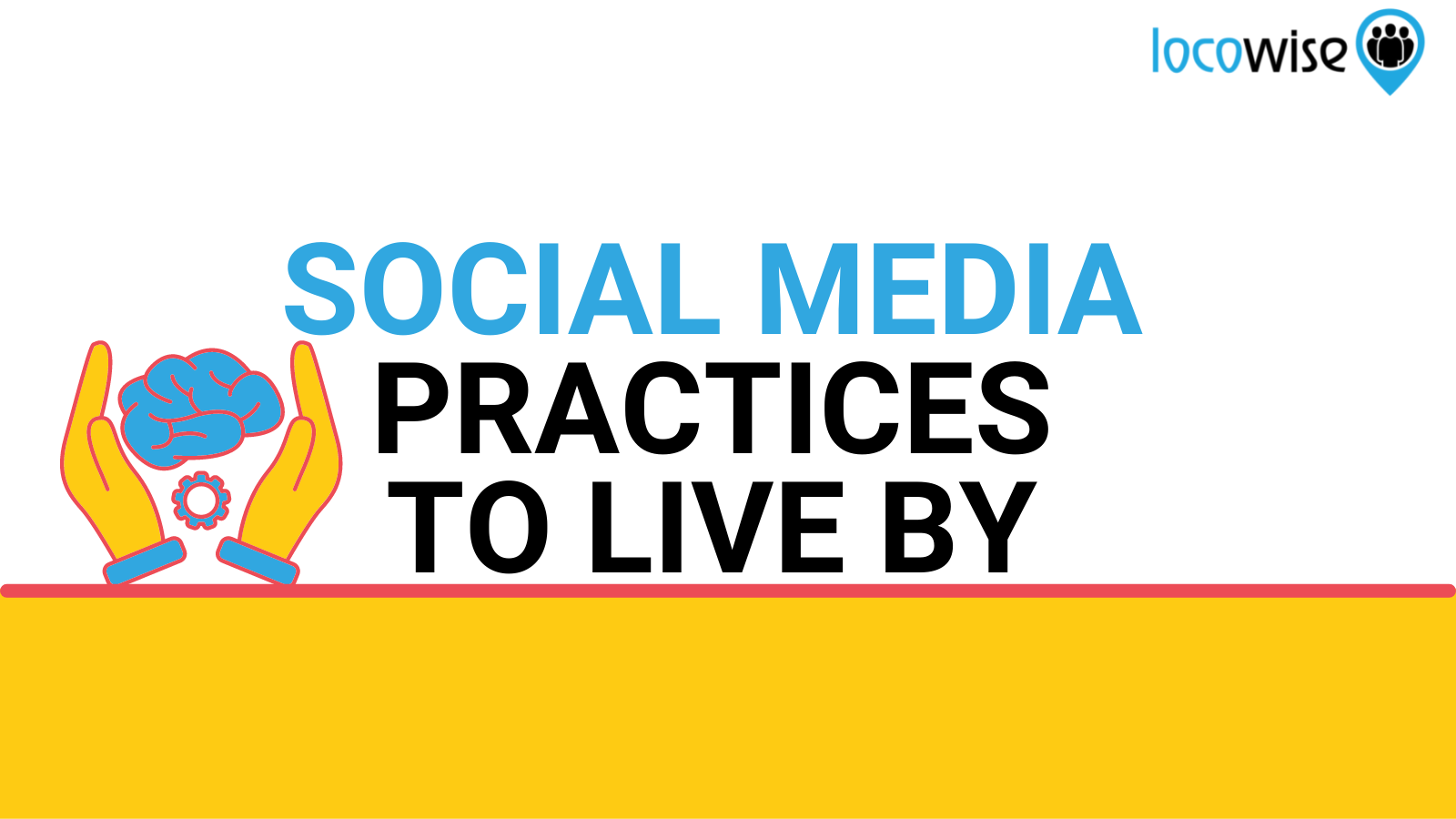There are some principles in social media marketing that absolutely have to be followed by brands. Here, we take a look at them and how they might work for you.

Using social media effectively in your marketing isn’t rocket science. However, there are some aspects of social media marketing that are essentially about key principles. Keeping these things in mind as you work should ensure that you meet success more than failure. Let’s take a look at them.
Know your audience
If there is one aspect of social media marketing that requires absolute focus it is knowing your customers. Drill down into the lifestyles of your audience and you should find that you can manage campaigns more effectively.
You could look at the following key factors for your audience:
- When they were born
- The place where they live
- Languages spoken by them
- Earnings
- Spending
- Purchases
- What they do in their free time
- Where they are in life (student, parent, retiree)
From this information you can conduct audience research that allows you to better market your content, and attract and engage the people who would most benefit.
Have a clear plan
Yes, it’s important to get moving and to get that content out there. But it is also important to have a strong plan that builds in success. If you know what you are aiming for you are more likely to reach that outcome, and with social media marketing that is definitely true.
Make sure you set goals for what you want to achieve that are tightly linked to your business and what you need to get done. Do you want to grow the brand or just make more sales? Do you just want to retain the customers you already have?
Once you have answered these questions you will be in a position to tailor your content to the goals you have created. This gives your content a clear purpose.
Develop an audit
Gather and analyse social media data in one place to see what works. You can then plan to do more of what you are already doing (that works).
This means looking at:
- Your connections
- Find out who’s connecting with you
- Your target audience’s preferred social networks
- What your brand is like compared to the competition
You might want to ask yourself a few (honest) questions about your social media accounts, as well:
- Is your intended audience here?
- Is this platform being used by them?
- Are you able to achieve your business goals through this?
Determine which accounts deserve to be kept or discarded based on your answers.
Social monitoring
This involves finding out what people think about your brand, just as social listening does.
Using tools, you can find out who is talking about your brand on social media, the hashtags that are being used by others in your industry, etc.
Monitoring social media is the basis for social listening. Learning from the past is possible through your monitoring. Be aware and be in the know.
Don’t repost content across networks
You may appear lazy and sloppy by reposting. Rather than reusing the same message on each network and post, craft a new message for every platform.
Yes, the work and the time involved are greater. Although perhaps not to the extent you think. Full reworks are not necessary-just make some changes.
Your followers will see you as someone who is genuinely concerned about what they share. Additionally, it shows that you are paying attention.
Don’t go over the top
Should you regularly update your blog? Definitely. But on social media, posting too much can make you look unprofessional.
In terms of Twitter, overposting may not be easy, but it’s easier on Facebook and LinkedIn. Audience preferences vary. Make sure you are appealing to all of them.
Test so you know what works
Testing allows you to experiment with small variations of your messaging to learn which method is most effective.
In what way?
- Make two random groups out of your audience
- Each group should receive a different message variation
- Your chosen metrics should be compared to the responses
It’s all about changing one thing at a time. Changing multiple aspects of a message would make you guess again.
You should test some of these:
- Quotes versus key statistics
- Post length
- Emojis and their effectiveness
- Bullets arranged versus unordered
- Punctuation differences
- The tone of voice, such as passive versus active, casual or formal
Focus on the above to ensure you have a consistent approach to your social media management, and pretty soon you will see tangible results.
Digital & Social Articles on Business 2 Community
(59)
Report Post






